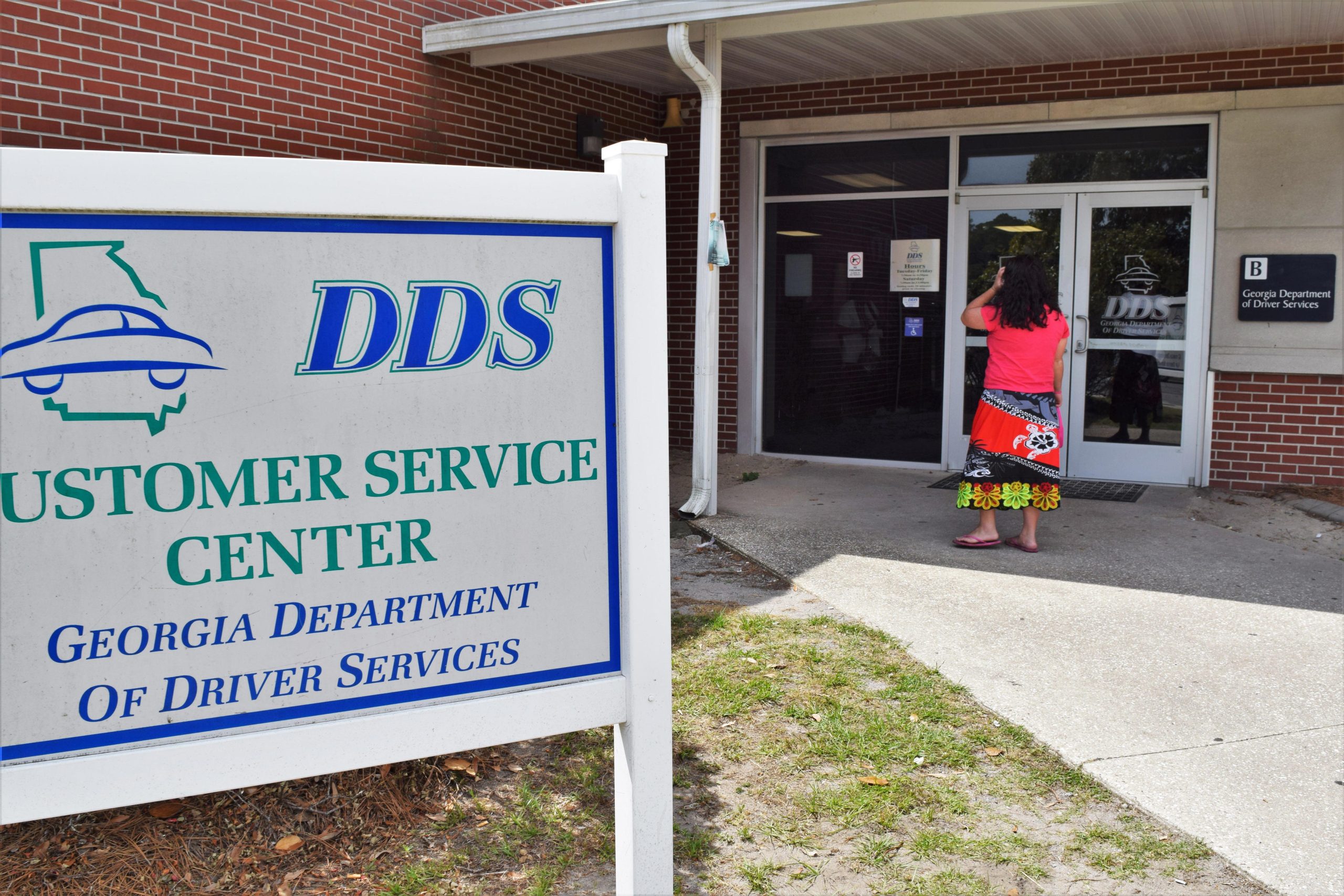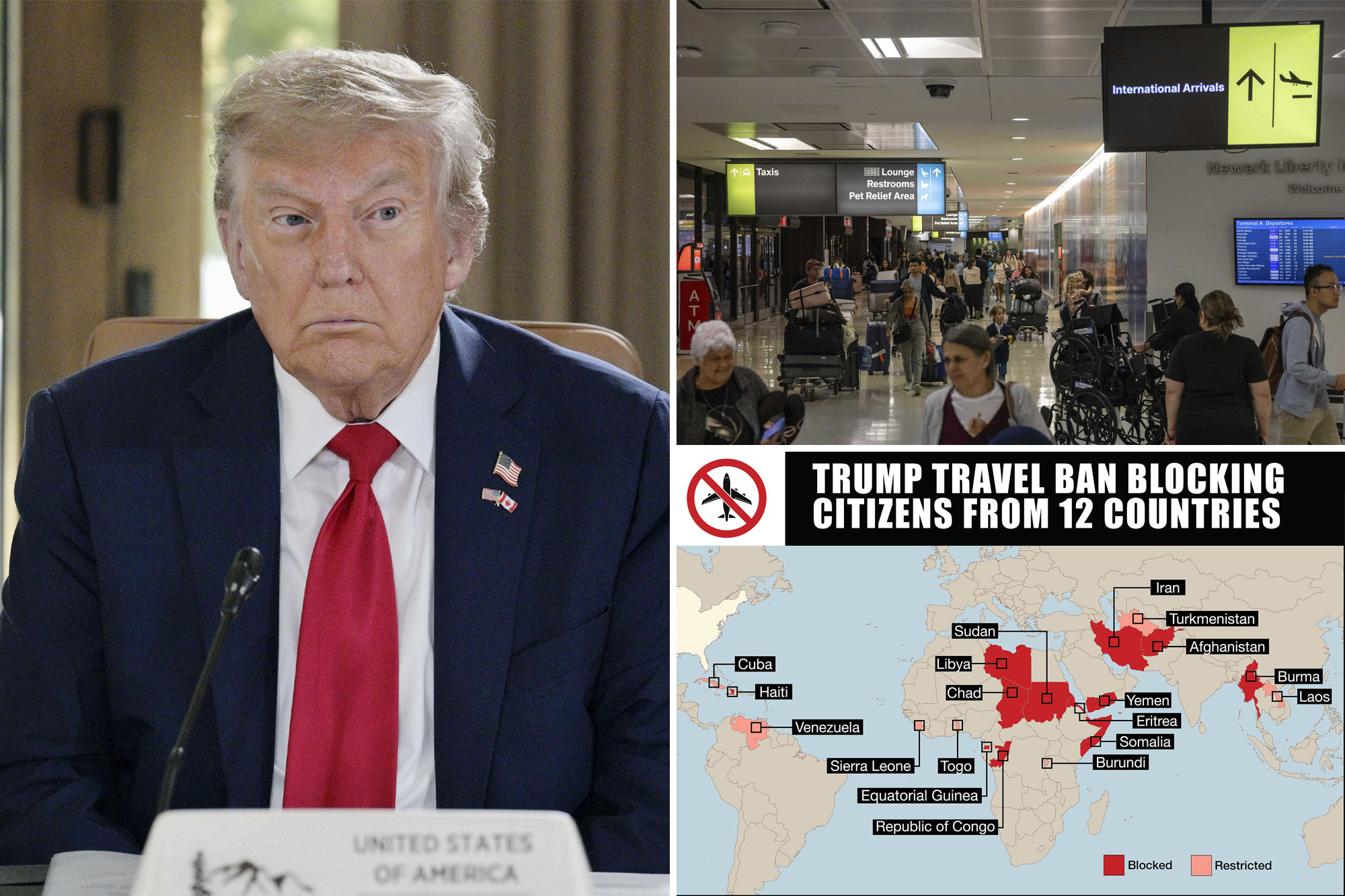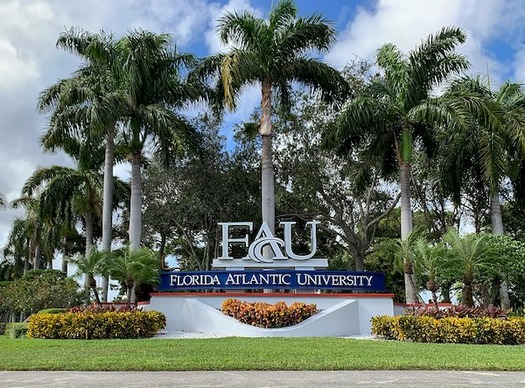
Seth Csan came into the Georgia Department of Driver Services (DDS) location in Savannah on Eisenhower Drive on Tuesday morning to get a
Real ID
. Csan, a lifelong Georgia resident, had just renewed his license last month, but did select a Real ID.
He travels for work and on a recent trip back from Hawaii, airport officials encouraged him to secure a Real ID before he traveled again via airplane.
However, after an announcement one day before the May 7 deadline, it appears that no one without a Real ID should be turned away from boarding federally-regulated commercial aircraft, accessing federal facilities or entering nuclear power plants come Wednesday. U.S. Homeland Security Secretary Kristi Noem spoke on Capitol Hill Tuesday at a
House Oversight Committee hearing
where she said that while the rule will be enforced starting Wednesday, people with non-compliant IDs will not be denied access though they may face additional security procedures.
Is a Real ID required by law?
As per the Department of Homeland Security (DHS), a Real ID refers to a driver’s license or identity card provided by states that adhere to specific security criteria outlined under federal guidelines.
The REAL ID Act of 2005
.
Jim Harper, who is a nonresident senior fellow at the
American Enterprise Institute
, has provided consultation and written extensively on privacy concerns, along with various other legal and constitutional matters, over the past 25 years.
He disagrees with how DHS is handling the law.
He stated that if they are selectively using identification cards from compliant states, they are engaging in activities not authorized by the law.
The Department of Homeland Security’s page regarding the Real ID Act
indicates that the legislation enacted in 2005 bans “federal agencies from using non-compliant driver’s licenses and identification cards for specific official duties.” The wording in Section 202 (a)(1) of the same 2005 act states more precisely that “a federal agency cannot use a driver’s license or ID card provided by a state to an individual for any official function unless that state complies with the stipulations outlined in this section.”
Harper contended that as long as a state is considered compliant (which they all have been up until now), federal agencies should recognize any state-issued identification, even if it isn’t a Real ID. According to him, the legislation permits DHS to deny acceptance of IDs solely based on whether an entire state has achieved compliance status.
In 2006, the
Cato Institute
Published by Harper, his book titled “Identity Crisis: How Identification Is Overused and Misunderstood” raises several concerns. He argues that implementing a national ID system transfers authority from citizens to institutions, notably the Department of Homeland Security (DHS), which acts as the sole provider. This transition worries him because he believes it could result in increased identity theft and unwarranted monitoring. Specifically, he opposes the requirement for carrying Real IDs constantly—not merely for traveling or accessing federal facilities—saying this practice grants the federal government control over personal identities and restricts access to societal benefits accordingly.
Throughout his career, he has advocated for the development of a private identification and verification industry capable of meeting consumers’ needs for privacy, safety, confidentiality, and responsibility. He pointed out entities like employers and credit bureaus as instances of groups that gather data about people’s identities and might establish accreditation standards.
He stated that various types of organizations might provide identity verification services, and multiple distinct entities could also accept these verifications, ensuring individuals aren’t under the dominance of one centralized controlling system.
People who wish to travel on commercially regulated flights from Wednesday onwards will be able to board with any government-issued identification that is still valid.
On Tuesday, Noem informed the congressional committee that 81% of American air passengers are now complying with regulations. She further emphasized that both U.S. passports and other government-issued identification documents like tribal ID cards will continue to be accepted.
She explained that for travelers whose IDs are considered non-compliant, “they might be redirected to another queue and undergo an additional process, yet everyone will still be permitted to board their flights.” She highlighted that implementing this regulation serves a security purpose, enabling the Department of Homeland Security (DHS) “to identify individuals within the nation, understand who they are, and confirm that they’re cleared for travel.”
Increase in foot traffic at Savannah DDS

Savannah’s DDS Customer Service Center Manager Christopher Wilson said he noticed an increase beyond the typical foot traffic starting in March after local news stories ran about the Real ID deadline. He said Tuesdays are often the busiest days at the center because it is closed on Mondays, but noted this Tuesday about 30 people were waiting outside before the doors opened. “That’s a lot,” he said.
Over the past month, Wilson has frequently needed to inform numerous customers about the Real ID and its purpose. He explained that individuals ought to be capable of applying for one via an online process with the
DDS website
Individuals can still visit the center to get a Real ID via a kiosk or opt to wait in line for help from a customer service representative.
Wilson emphasized that individuals can still get their Real IDs after May 7. The deadline for Wednesday pertains solely to the commencement of federal enforcement.
Fortunately for Csan and the numerous individuals who attended on Tuesday to obtain their Real IDs, they have the option to retake the photos at no additional cost, as stated by Wilson. This redo will maintain the original expiration date of the initial ID. If someone opts for a complete renewal, though, the new ID’s validity period would be extended to eight years from issuance, with this process carrying the usual fee of $32.
Joseph Schwartzburt covers education and workforce development as a reporter for the Savannah Morning News. He can be contacted via email at JSchwartzburt@gannett.com.
JoeInTheKnow_SMN on Instagram
.
The article was initially published in Savannah Morning News:
Savannah’s Driver Services has seen uptick in foot traffic since March ahead of Real ID


















Leave a Reply